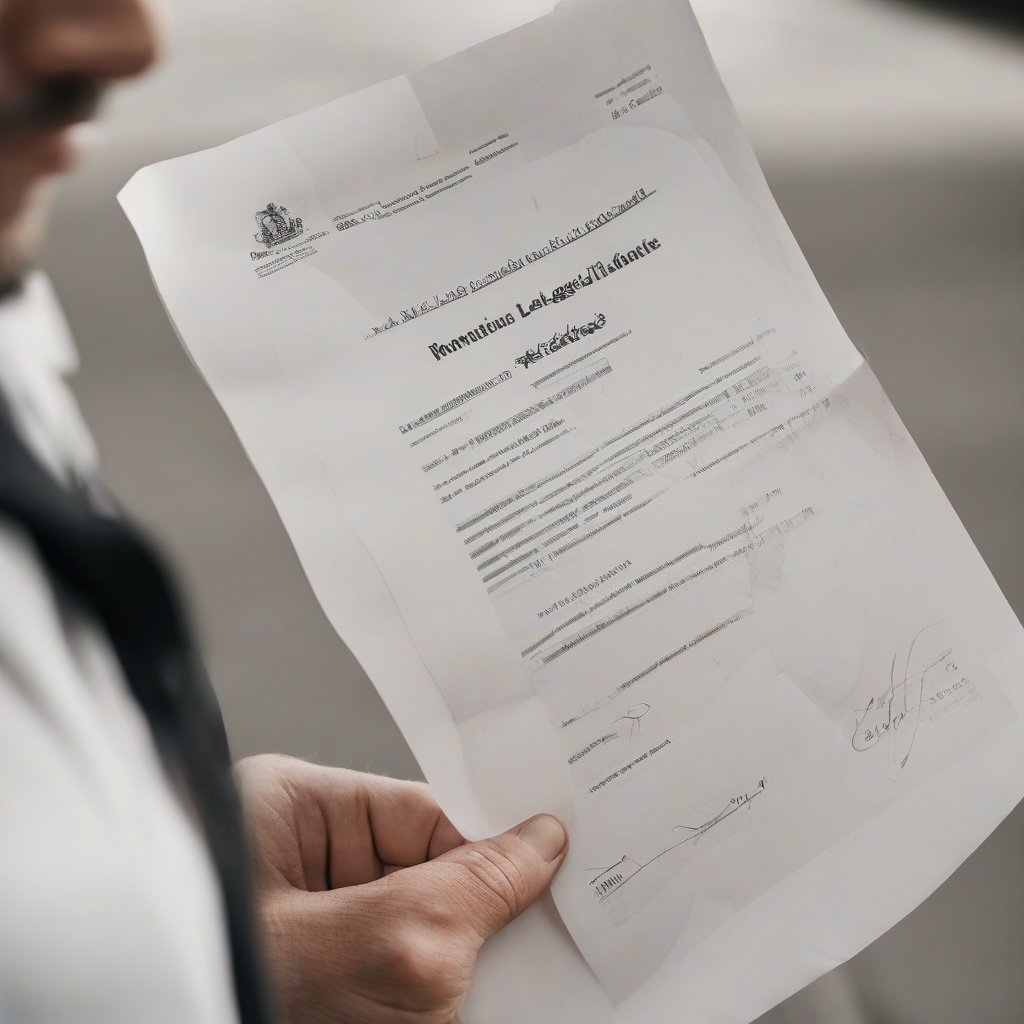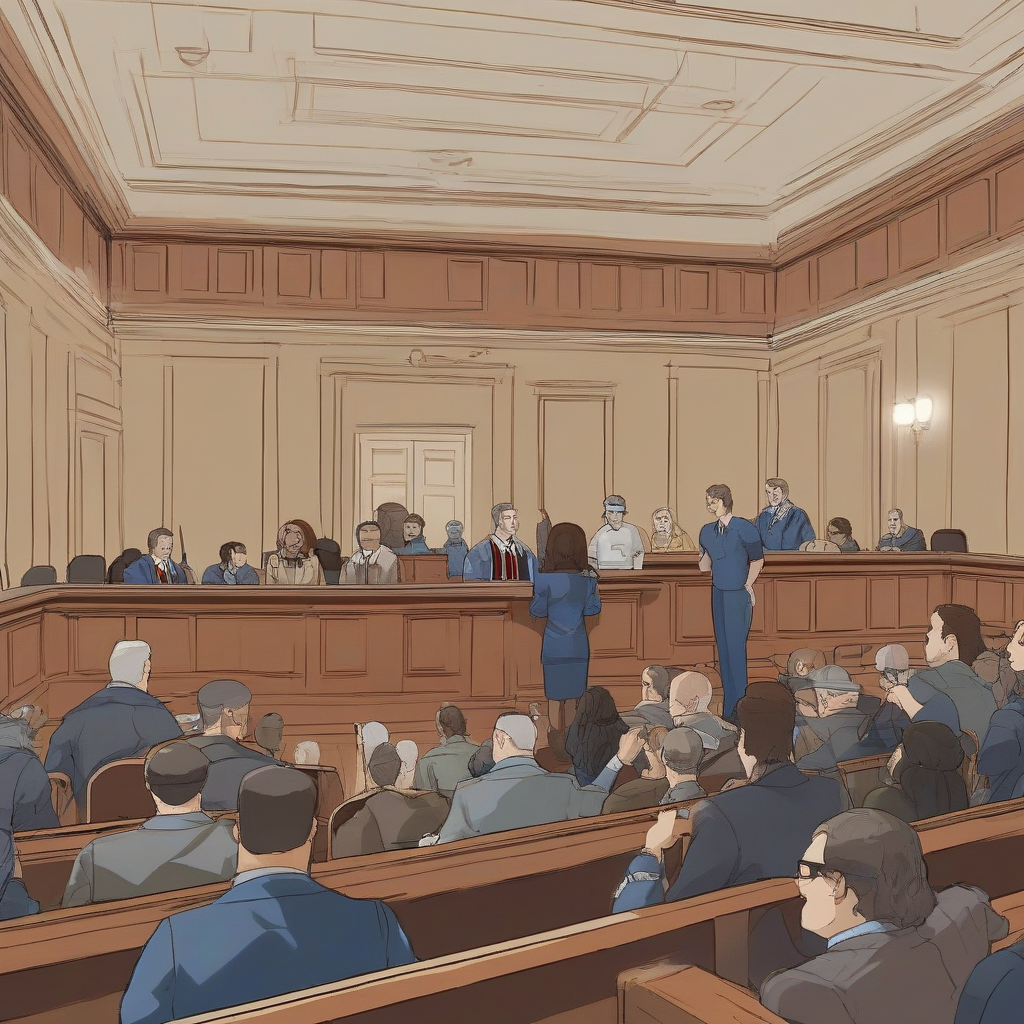Man Sues Himself For Failing To Live Up To His Own Potential

In a bizarre legal case that has sent ripples through the legal community, a man named John Doe has filed a lawsuit against himself for failing to live up to his own potential. Doe, a 35-year-old resident of New York City, claims that he has been consistently underperforming in various aspects of his life, including his career, relationships, and personal goals.
"I'm tired of being a shadow of my former self," said Doe in a press conference held outside the courthouse. "I have the intelligence, the skills, and the drive to achieve great things, but for some reason, I keep falling short. It's like I'm sabotaging myself."
Doe's lawsuit outlines a series of specific instances where he believes he has failed to meet his own expectations. These include:
- Career: Doe holds a degree in computer science from a prestigious university but currently works as a barista. He claims that he could be making significantly more money and pursuing a more fulfilling career, but he has been procrastinating and lacking the motivation to make a change.
- Relationships: Doe has struggled to maintain healthy relationships with both friends and romantic partners. He admits to being emotionally distant and often prioritizing work over personal connections.
- Personal Goals: Doe has a long list of personal goals, such as learning a new language, writing a novel, or traveling the world, but he has yet to take any concrete steps towards achieving them. He blames his lack of discipline and self-sabotaging tendencies for his inability to follow through.
While Doe's lawsuit is unprecedented, legal experts argue that it raises a number of interesting legal and ethical questions.
"This case challenges our traditional understanding of legal standing," said Professor Emily Carter, a law professor at Columbia University. "Can a person truly sue themselves? Does it even make sense to hold oneself liable for one's own failings?"
"There are also ethical concerns," added Carter. "Doe's lawsuit could be interpreted as a form of self-punishment, which raises questions about the role of the legal system in addressing personal growth and accountability."
Doe's attorney, a flamboyant and somewhat unconventional lawyer named Mark Stevens, believes that the lawsuit is justified.
"My client is not seeking monetary damages," said Stevens. "He's simply seeking a legal mechanism to hold himself accountable and force himself to change. It's a bold and unorthodox approach, but it's the only way he feels he can break free from his self-defeating patterns."
The lawsuit has garnered widespread media attention, with many people expressing both amusement and sympathy for Doe's predicament. While some view it as a publicity stunt, others see it as a genuine attempt to address a complex and often overlooked issue: the struggle with self-sabotage and the pursuit of one's full potential.
"We all have our own internal struggles," said therapist Dr. Sarah Jones. "Some people are better at managing them than others. Doe's lawsuit is a reflection of the deep-seated frustration and self-criticism that many people experience when they feel they are not living up to their own standards."
The outcome of Doe's lawsuit remains uncertain. The judge assigned to the case has expressed skepticism about its viability but has not yet dismissed it outright. It is likely that the case will proceed to discovery, where both sides will have the opportunity to present evidence and argue their positions.
This case has opened a door to a larger conversation about the role of the legal system in addressing personal failings and the challenges of self-improvement. It remains to be seen whether Doe's lawsuit will ultimately succeed in its goal of holding him accountable and helping him live up to his own potential, but it has undoubtedly captured the attention of the world and sparked a debate about the complexities of human nature and the search for self-fulfillment.
